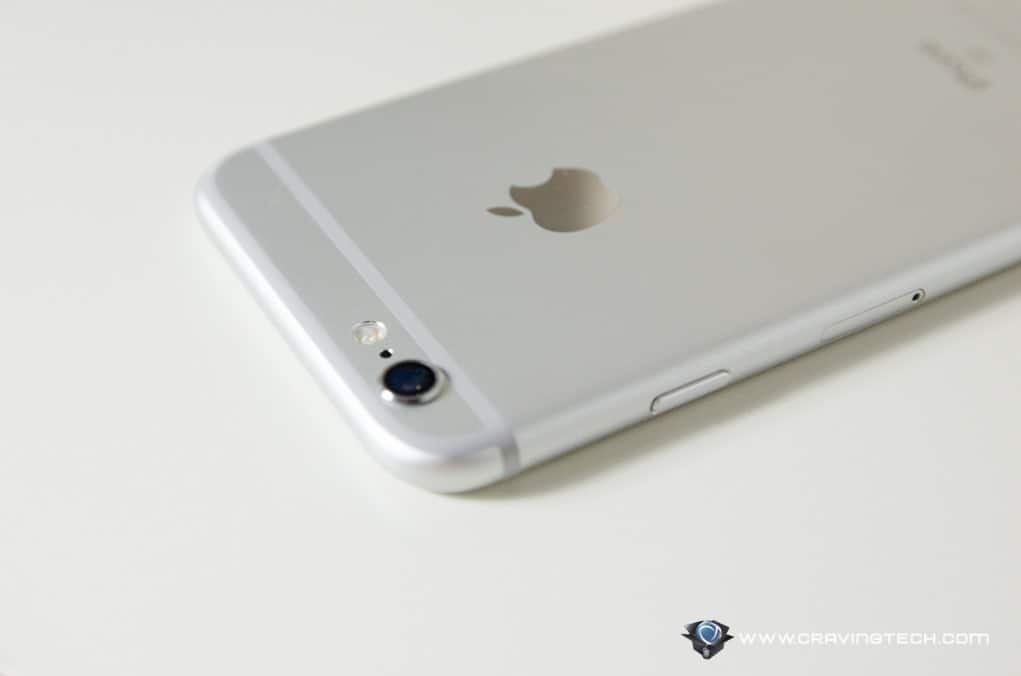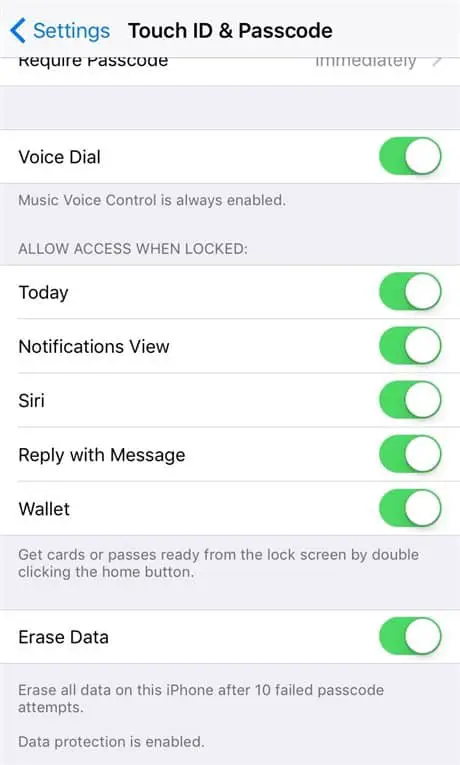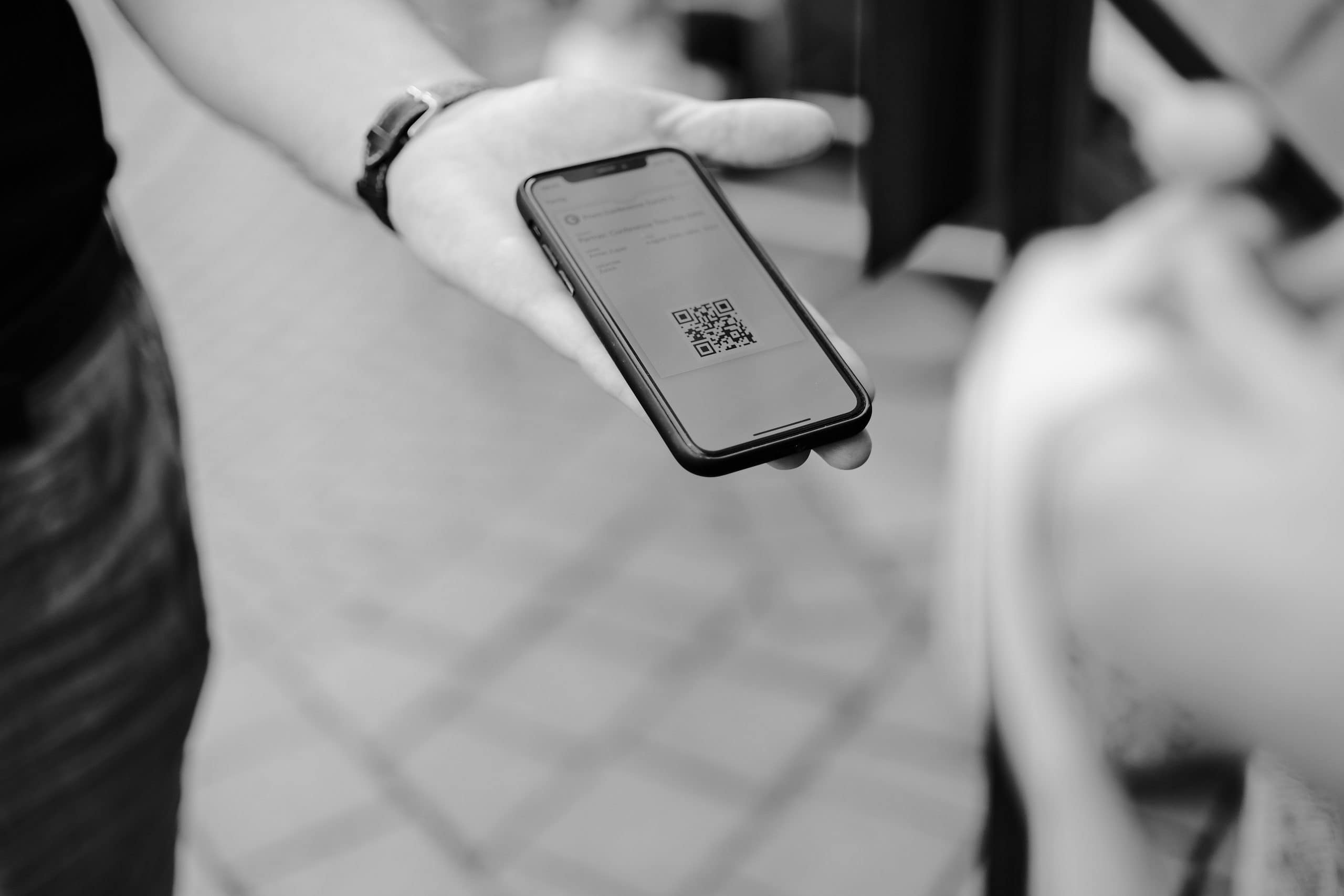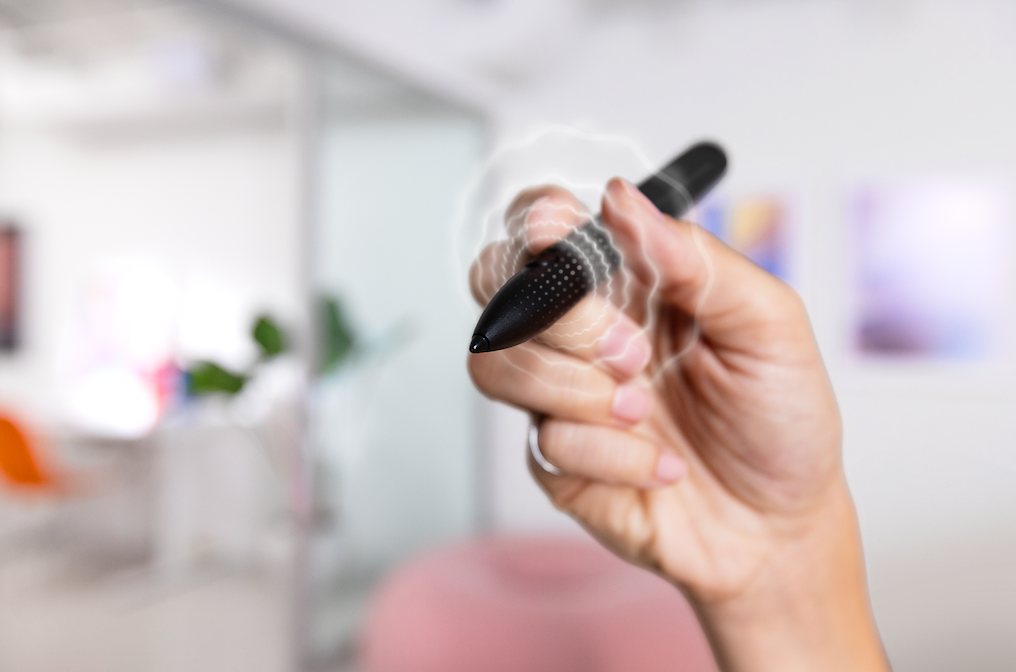
And that is security. In case you are not aware of, FBI is currently investigating a case where a gunman (Syed Farook) and his wife shot dead 14 people in San Bernardino, California.
The FBI apparently is having trouble trying to hack/unlock the gunman’s iPhone 5c (to get more information and other materials related to the case). As a result, a court order ordered Apple to help the FBI so that they can bypass the passcode lock security on the gunman’s phone.
The order is to get Apple to create a software that can bypass the passcode security lock altogether, or disable wiping the iPhone out after unsuccessful attempts through a brute-force (entering combinations after combinations to get an unlock). At the moment, you can set an iPhone to erase itself after 10 failed attempts have been made to unlock it (under the iPhone settings).

Tim Cook clearly doesn’t like the idea of providing such measure (or even creating a backdoor on iOS) as this will compromise the security of the iPhone and it won’t be long before this knowledge falls into the wrong hands.
He writes an open letter addressing his concerns and that his company is staying firm in protecting the privacy and security of every iPhone user in the world.
If even the FBI cannot hack and unlock an iPhone, who else can? This certainly highlights one of the best features of an iPhone and that is security.
There is no backdoor or flaw that even a hacker can go into someone’s iPhone and get sensitive information out of it. Well, I’m writing under assumption that the FBI hack better than hackers, but definitely not a regular hacker can do it if the FBI can’t.
On a different note, should the gunman actually had a TouchID set up, we can cut off his thumb and unlock his iPhone (too bad iPhone 5c does not have such feature). So maybe having a TouchID set up is not a good idea after all?






